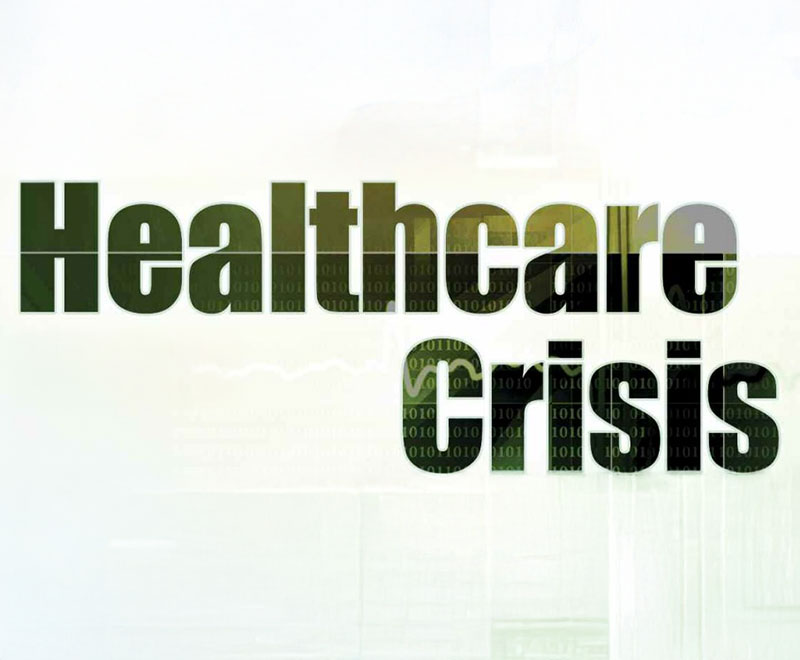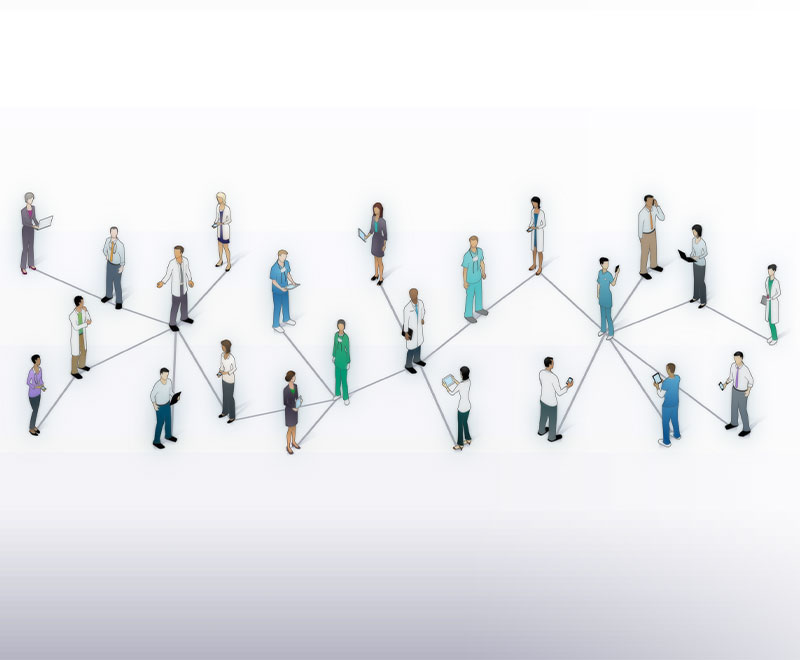VA Rule Expands Scope of Advanced-Practice Registered Nurses

The Veterans Affairs (VA) Department has issued a rule that will allow all advanced-practice registered nurses, with the exception of certified registered nurse anesthetists, to practice to their full authority at VA facilities.
Quality Improvement Programs: Hurdles to Optimizing Care
Many QI programs are subject to missteps, but approaches that implement QI essentials can bring healthcare closer to realizing its potential.
Healthcare Crisis 2030

Meeting the future healthcare needs of aging baby boomers will require tackling the rise of chronic illness, addressing the impact of Alzheimer’s disease and reinventing care models to address the needs of a graying America.
The Growing Profession of Medical Scribes

Medical scribes can help improve patient/physician satisfaction by shifting focus from electronic health records back to the patient.
The Nurse Practitioner Will See You Now

Licensed to do many of the same procedures as physicians — often at a lowered cost — nurse practitioners are increasingly poised to change the face of primary care.
How Crowdsourcing Is Changing Medicine

How is crowdsourcing informing the doctor-patient relationship, and how can healthcare providers be prepared for the ways in which crowdsourcing is changing the dynamics in medicine?
Drawing on the Past and Looking to the Future: The Role of House Calls in the Age of Modern Medicine

As technology advances and more options for healthcare delivery become available, a plethora of service models are emerging. One surprising model, the house call, seems to buck the high-tech trend.
The Age of Telemedicine

Medicine has come into the electronic age with telemedicine, which provides wider reaching care in an era when there is a projected doctor shortage.
Containing an Outbreak: An Epidemiologist at Work

A look at how an epidemiologist conducts an investigation into a measles outbreak shows just how complicated containing an outbreak can be.
Increasing the Role of Pharmacists in Patient Care

Allowing pharmacists to become more involved in patient care will reap benefits for patients and save healthcare dollars.